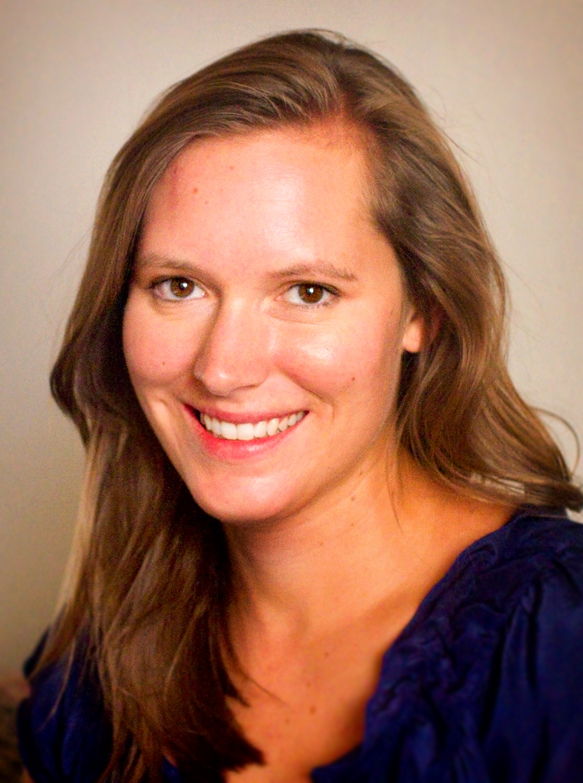The Rising Shift Toward Inclusivity
For Evangelicals and Muslims, the Best is Yet to Come
by Catherine Orsborn & Kevin Singer
We sat at a picnic table in a backyard in Raleigh, North Carolina last month and listened to Teddy, a young evangelical Christian, share his story of how he came to his faith and how it informs the way he lives his life. But this wasn’t a Bible study or a church small group meeting, and we didn’t have sweet tea to quench our thirst from the summer heat settling in as evening approached.
This Christian witness came during an Iftar dinner – the meal that breaks the daily fast during the month of Ramadan – organized by three young Muslim women. We gathered at the picnic tables, representing an impressive diversity of faiths, ethnicities, and generations, and each of us had the opportunity to share our own personal faith journeys.
The dinner in Raleigh was just one stop on the “Ramadan Road Trip,” which was organized by the Shoulder to Shoulder Campaign in partnership with local organizations that hosted Iftar dinners in several cities throughout the Southeast. The dinners presented an opportunity for people from faith communities that perhaps don’t normally interact to hear one another’s stories and perspectives. They also showcased the rich diversity of the American Muslim community, which is the most racially and ethnically diverse faith community in the United States.
Photo: Should to Shoulder Campaign
That a young evangelical Christian carved out time for an interfaith Iftar might come as a surprise to some, but not to us: in my (Catherine) work with Shoulder to Shoulder and my (Kevin) work with Neighborly Faith, we’re seeing an increasing number of young evangelicals flocking to Iftars and other gatherings for an opportunity to meet their neighbors of other faiths.
These opportunities to rub shoulders with Muslims seem to be making a positive impression on young evangelicals. The Public Religion Research Institute recently discovered that younger white evangelicals (ages 18-39) are far more likely than those ages 40 and up to say that American Muslims are an important part of the religious community in the U.S., and that they are comfortable with public displays of Muslim culture and religious expression.
We’ve experiencing this change first-hand. Both of us come from evangelical upbringings and the leaders of our churches never encouraged us to engage with people of other faiths. But the realities of the changing demographics of our country, combined with the rising incidents of hate violence and rhetoric targeting Muslim communities, are causing all of us to stop and take stock of our communities’ urgency about these trends.
Fortunately, evangelicals across the country are slowly becoming more engaged in conversations about what a faithful response to rising anti-Muslim bigotry looks like. Recent books aiming to dignify Muslim immigrants and to see Muslims as neighbors worthy of love have come out of the fold, as well as new initiatives like Neighborly Faith and trailblazers like Bob Roberts and Micah Fries, pastors of large Southern Baptist churches in Keller, Texas and Chattanooga, Tennessee, respectively.
Photo: Should to Shoulder Campaign
Loving our neighbors is core to following Christ, and we believe that this must extend beyond our own Christian enclaves. When we are in relationship with others, when we truly get to know people for who they are, we hear their joy and their pain. And as Christians, we believe we are called to respond, to take actions that alleviate the sufferings of our neighbors. When it comes to the increase in hate crimes and acts of violence experienced by American Muslims over the past decade in particular, we believe Christians are called to ask not only what we can do to make it better, but also look inwardly at the ways we have contributed to creating that pain in the first place.
What impressed listeners most about Teddy was that he spoke about his faith without pretense. His humility and transparency set a precedent that encouraged others to bring their full selves into conversations that evening, which gave way to a willingness to be transformed by others.
We are grateful and encouraged by the increased interest and engagement of evangelicals in supporting their Muslim neighbors, and we hope to see much more as we work together to create a country that is more welcoming and safe for people of all backgrounds and beliefs.
Header Photo: Pexels





